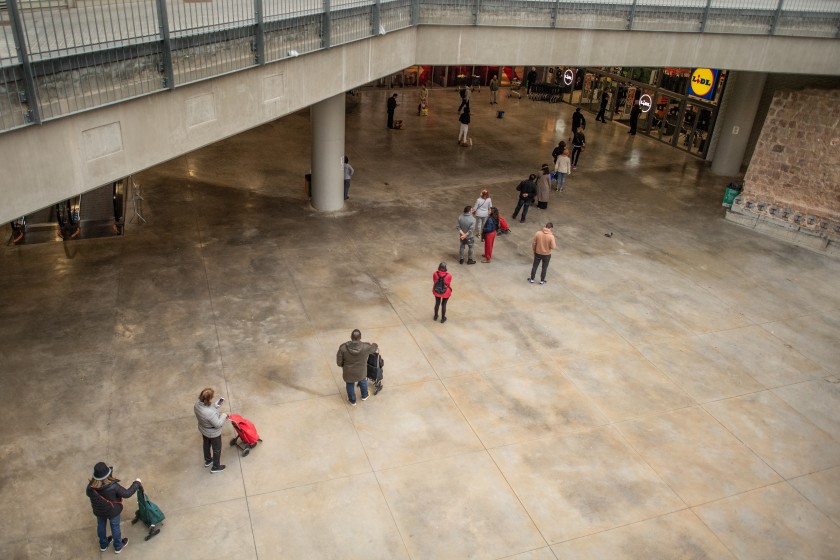Health experts around the world are repeatedly urging people to stay home and avoid social distancing as a precautionary measure.
Social distancing does not just mean avoiding restaurants, clubs and bars; it also means staying home and not paying visits to your friends.
Experts say that you are at greater risk of catching the novel coronavirus, aka COVID-19, if you fail to practice social distancing during these crucial times.
Referring to a new Chinese study that suggests asymptomatic people spread the virus the most, Ball State University professor and chair Dr. Jagdish Khubchandani said, “You are playing with fire if you visit friends.”
“At this point, we have to act like everyone is infected,” he added. “You can be a risk to yourself, your family, your friends, and the entire community.”
Dr. Khubchandani explained that most coronavirus cases are mild enough that one may not even realize whether they are infected. He also explained that infected people experienced symptoms weeks after being asymptomatic.
Therefore, it is extremely important to avoid socializing and keep your circle as tiny as possible.
Dr. Khubchandani said, “The only people you should be seeing are those you can’t avoid: those living with you before this pandemic started and stable relationships like a significant other. Even in those cases, it’s with all the precautions, hygiene, and distancing as much as possible.”
If at all you are supposed to see your significant other, make sure he or she has not been in contact with any infected person.
Prof. Kirsten Hokeness from Bryant University said, “Seeing your friends IRL right now is kind of like playing a game of pool where coronavirus is the cue ball.”
Hokeness, who is a virologist and microbiologist, said, “If the white ball is the virus and you have a table full of balls to target, the ‘virus’ has a lot of options.”
“Your friend, people your friend lives with, including anyone who’s older or has underlying conditions who’s more susceptible,” she added. “Start taking those balls off of the table until they are gone, and now it has nowhere to go.”
Currently, the only way to contain the virus is social distancing because there are no vaccines or drugs to prevent or treat COVID-19.
Hokeness said, “The virus needs a host to keep going. It can’t live on its own, so it needs you and your friends as a vehicle to keep spreading. If it infects someone and then has nowhere else to go, it stops right there.”
She explained that the risk of spreading the virus increases when you keep meeting people, irrespective of how small the group is.
We can make video calls instead of meeting in person. Family therapist Liz Higgins, the founder of Millennial Life Counseling, said, “We are social beings. We’re made to connect.”
“It is a physiological experience for us to want and crave interaction with others,” she added. “What we are being asked to do during this time, in essence, goes against our entire makeup: Certainly, digital connecting can meet some of this need, but not completely.”
Higgins continued, “My advice to someone struggling with social distancing is to really sit with the fact that this is temporary. While we don’t know for a fact when this will end, we can say with full certainty that it will, at some point. Let that fact ground you and make these temporary decisions to stay in more doable.”
Please note that social distancing does not mean you need to completely antisocial. You can use technology to socialize virtually. Hokeness said, “The faster that we can quarantine and prevent the virus from having its next host to replicate in and spread, the faster we will be able to start to regain some normalcy.”























